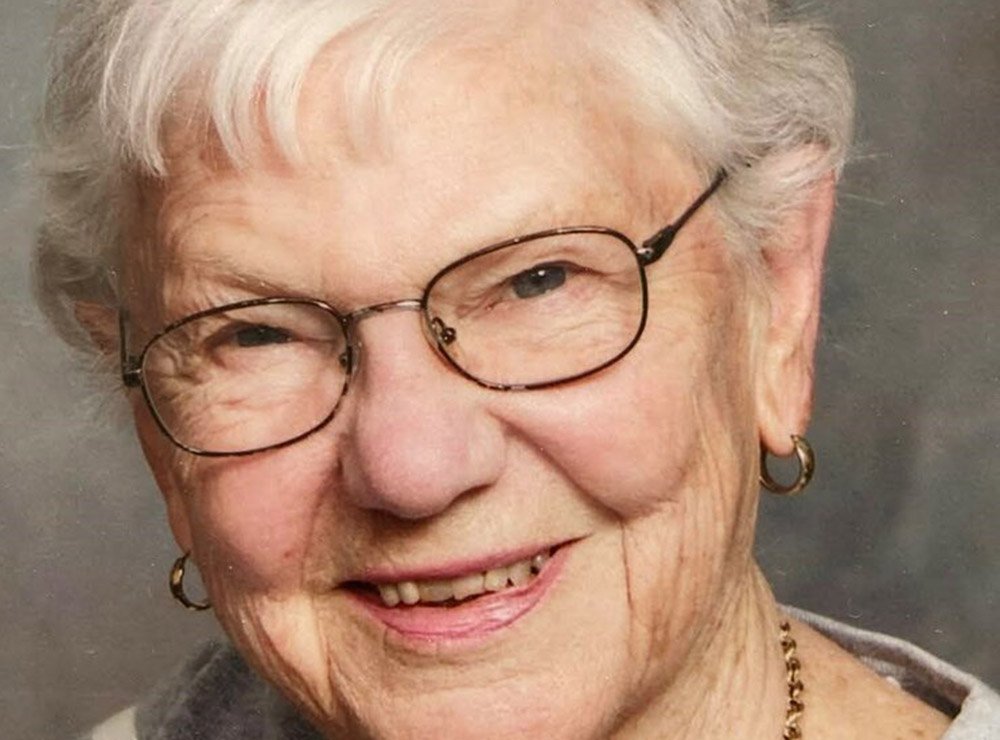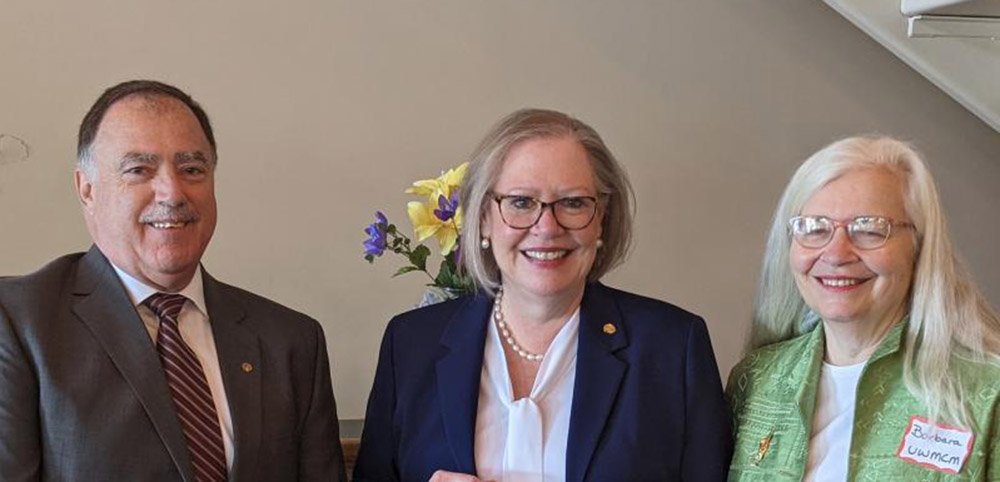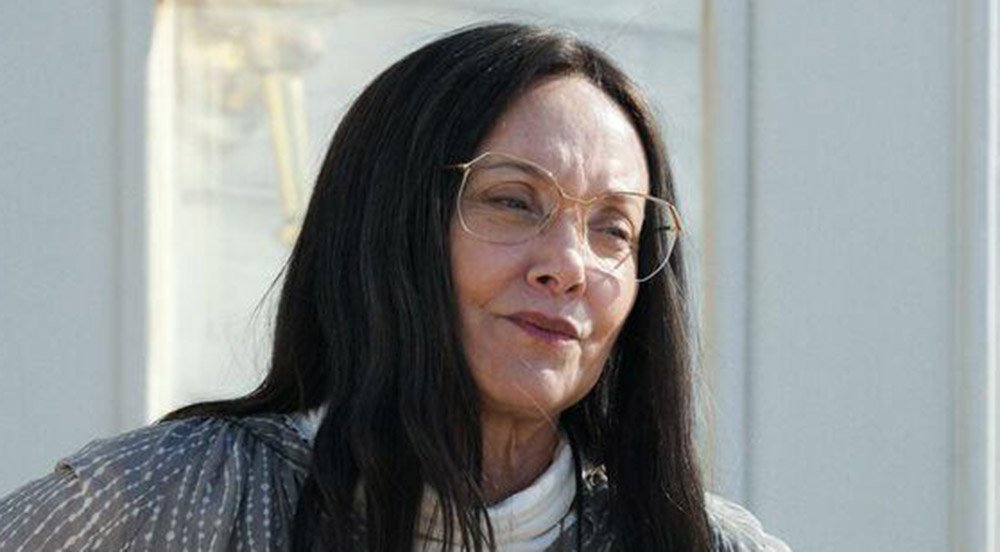1. Introduction to Lois Roden
Lois Irene Scott Roden (1916–1986) was a significant person in the Seventh-day Adventist Church-derived Branch Davidian movement. After her husband Benjamin Roden died in 1978, Lois Roden led the Branch Davidian Seventh-day Adventist Association. Her leadership and teachings shaped the movement, with some problematic components that still influence attitudes today.

2. Early Life and Background
Born on August 1, 1916, in Stone, Montana, Lois Roden was raised in a religious environment. Her marriage to Benjamin Roden in 1937 marked the beginning of her involvement in the Branch Davidian community, which was initially an offshoot of the Seventh-day Adventist Church. The couple’s spiritual work and growing following would eventually bring Lois into a central role after her husband’s passing.
3. Benjamin Roden and the Birth of the Branch Davidians
Benjamin Roden founded the Branch Davidian movement in the 1950s, as an offshoot of the Davidian movement itself, which had split from the Seventh-day Adventist Church. Benjamin’s vision was apocalyptic, focusing on the end of the world and the preparation for Christ’s return. He acquired land in Waco, Texas, known as Mount Carmel, where the Branch Davidians would establish a religious community.
4. Lois Roden’s Rise to Leadership
After Benjamin Roden’s death in 1978, Lois Roden assumed leadership of the Branch Davidian movement. She was a charismatic and influential figure, advocating for her own unique vision of spirituality. Lois believed that the Holy Spirit had a feminine aspect and was a central part of her teachings, which attracted both support and criticism within the movement.

5. Controversial Teachings and Feminine Spirituality
Lois Roden’s most contentious doctrine was that the Holy Spirit was the Shekinah, a feminine Godhead presence. This contradicted Christian doctrines that painted the Holy Spirit as male. Lois’ vision was unique in the ecclesiastical scene and a distinctive trait of her leadership.
6. Conflict and Succession Struggles
Lois Roden’s leadership was not without its challenges. After taking charge, she faced resistance from certain members of the Branch Davidian community. One of the key figures in the internal struggle for control was her son, George Roden, who had his own ambitions of leading the movement. The power struggle between Lois and George created tensions within the group, which would later be compounded by the rise of David Koresh.
7. David Koresh’s Influence
David Koresh (born Vernon Wayne Howell) entered the scene during Lois Roden’s leadership, and over time, he gained a significant following. Koresh claimed that he was the final prophet and that he had a special role in fulfilling biblical prophecy. His charismatic leadership eventually led to a split with Lois Roden, and he became the leader of the Branch Davidians after her death. This conflict with Koresh marked a critical turning point in the movement’s history.

8. Lois Roden’s Legacy in the Branch Davidian Movement
Despite the conflict that arose after her leadership, Lois Roden’s legacy in the Branch Davidian movement remains significant. She played a critical role in defining the direction of the movement, particularly through her teachings on the feminine nature of the Holy Spirit. Her impact can still be seen in the various factions that continue to carry her theological ideas forward.
9. Personal Life and Family
Lois Roden’s personal life was intertwined with her role in the Branch Davidian community. She had one son, George Roden, who was involved in the community’s leadership struggles. Lois and Benjamin were key figures in acquiring the Mount Carmel property, which became a focal point for the group. Her relationship with her son and her role as a mother figure within the movement was central to her experience as a leader.
10. Lois Roden’s Death and Burial
Lois Roden, 70, died on November 10, 1986. Her death ended an era for Branch Davidians, yet her impact remained. Some sources say she arranged her burial in Jerusalem and was buried with her husband, Benjamin Roden. Her death gave birth to other movement leaders, including David Koresh.
11. Lois Roden’s Net Worth and Final Years
While Lois Roden was a spiritual leader rather than a businesswoman, it is likely that the Branch Davidian community supported her financially. However, there is little available information on her personal net worth. Most of the assets of the Branch Davidian community, including the Mount Carmel property, were controlled by the organization and its leaders. Lois Roden’s final years were marked by the power struggles within the movement, which led to her eventual replacement by David Koresh. Despite the controversies, Lois Roden remains an important figure in the history of the Branch Davidians.








